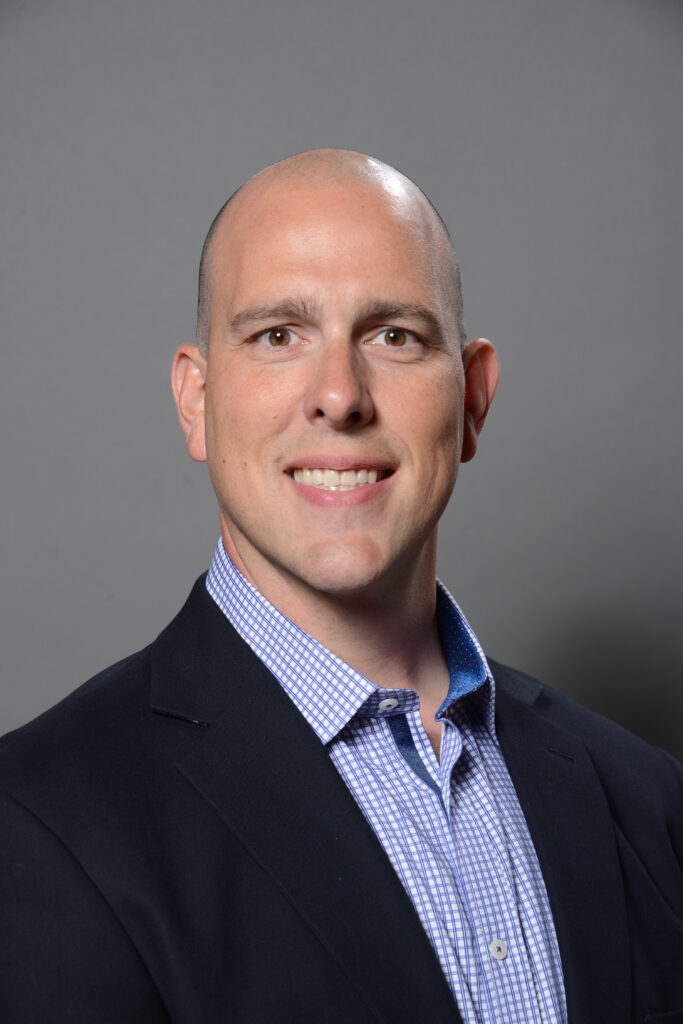As the aging population continues to grow and consumer preference moves away from institutional care, Cardinal Health’s Ryan O’Connor leads his team into new markets.
By Daniel Beaird
Ryan O’Connor is the National Vice President for Extended Care within the U.S. Medical Products and Distribution business at Cardinal Health, where he started as a rep in Orange County, Calif., 14 years ago.
“The growth in extended care has been fueled by a growing number of procedures shifting from acute hospitals to ambulatory surgery centers (ASCs) and more patients recovering or seeking care at home,” O’Connor stated. “Also, higher acuity diseases or treatments that would have taken place in the hospital setting are now finding themselves at home. It’s definitely a shifting dynamic and products going into home care are increasingly more focused on disease states that are more complex.”
O’Connor says it’s a good opportunity for Cardinal Health to grow in the space. Just this past year, Cardinal Health launched a new enteral feeding device under Kangaroo brands. “Kangaroo OMNI™ is the next generation of enteral feeding focused on improving patient outcomes and quality of care. We launched the new device in August of last year to our sales team in Nashville. They were energized by what they saw, and the way our team has rallied around the product is a differentiator,” he said. “It’s clinically differentiated in the market and drives for differentiation and patient outcomes.” Cardinal Health has had positive momentum getting that product launched and achieving market awareness across providers, caregivers and patients, according to O’Connor. “We have a diverse product basket of Cardinal Health Brand products that range from physician-preferred core products and supplies to highly clinically differentiated specialty products,” he said. “And when you get to bring a device to market at the forefront of clinical differentiation, it’s a lot of fun.”
Relationship building and understanding customer needs
When you’re in a business that is product driven, O’Connor says nothing is more important than relationship building and understanding your customer’s needs. That’s a key trait in his teams. “A lot of people are part of large organizations that are highly matrixed, and you have to build internal relationships to achieve your business goals,” he said. “When I’m trying to elevate someone to a regional director position, I try to get a sense if they are actively engaged and actively learning. Are they good at building relationships both internally and externally to move forward?”
He’s looking for team members who are sponges and interested in learning about things they didn’t know because he says people in healthcare have to wear different hats than they had to five to 10 years ago. “You have to learn new spaces, new products and new roles.”
O’Connor tries to do those things right in order to develop as a leader himself. He took on his current role over two years ago when it was focused on post-acute care, which is long-term care only. But his team has recently taken on home care and combined it with its long-term care business. “And just like that, I’m trying to learn as much as possible,” he said. “Making sure I’m keeping up with high-end data and market intel, learning from our customers and asking questions is important, especially in a unique and dynamic market such as home care.”
He asks home care providers and distributors about their challenges. What are they facing? What are some of the gaps in service that Cardinal Health can help fill?
Cardinal Health’s defined values and behaviors and tackling new technology
“I’m pushing myself in this role to learn and grow, and there’s a lot of similarities between what I expect of both me and my team,” he said. “Cardinal Health has a defined vision for our values and behaviors. So, leaders across the organization often begin their calls in a similar fashion. From the frontline worker to the senior executive, we’re driving the same values and behaviors across the board.”
O’Connor says having that synergy helps Cardinal Health achieve success, and it resonates with him and his team.
“Cardinal Health allows its people to bring their full selves to work every day. It’s a talk-the-talk and walk-the-walk perspective and I value that,” he added. “I’m trying to bring diversity to my team from experience to culture. Our organization has created a space where all team members and their contributions are valued.”
O’Connor measures success with his team outside of just the numbers. He looks at retention and thinks about it in two ways: retention of the team and retention of customers. “Are employees happy? Do they enjoy coming to work? Are they turning down opportunities when recruiters are calling? There’s a lot of opportunities to change organizations, so if our people are choosing to stay, that’s a great measure for success,” he said. “For customers, if we’re providing the right service and being valued business partners, while helping them accelerate their growth and achieve their business goals, then we’re doing a good job.
“As a frontline rep, our teams are in the best position to best understand solutions for new technology, AI or anything else, as it all begins with understanding customer needs,” he continued. “There are going to be a lot of opportunities for organizations to get on board with AI; if they can truly understand customer needs and act fast, they will find success. And reps are trying to figure out where they fit in to the different changes in the market. For my team, I’m talking a lot about how we can address quality, cost and speed of care, whether it’s in a nursing home, working with a home health agency or a DME provider. The companies that rally their teams behind customer needs and think creatively around these new technology solutions will be the ones that bring new ideas to market.”
